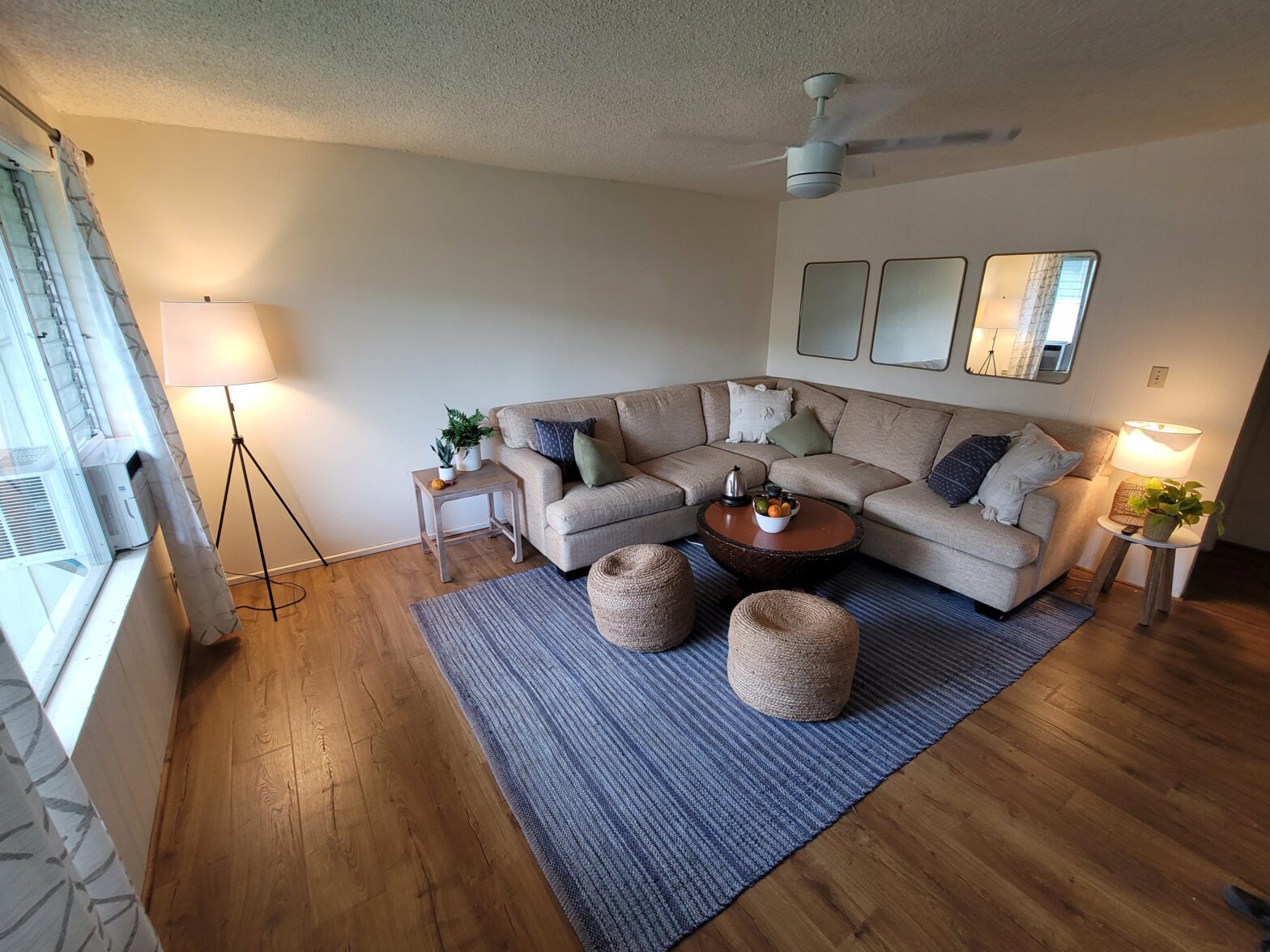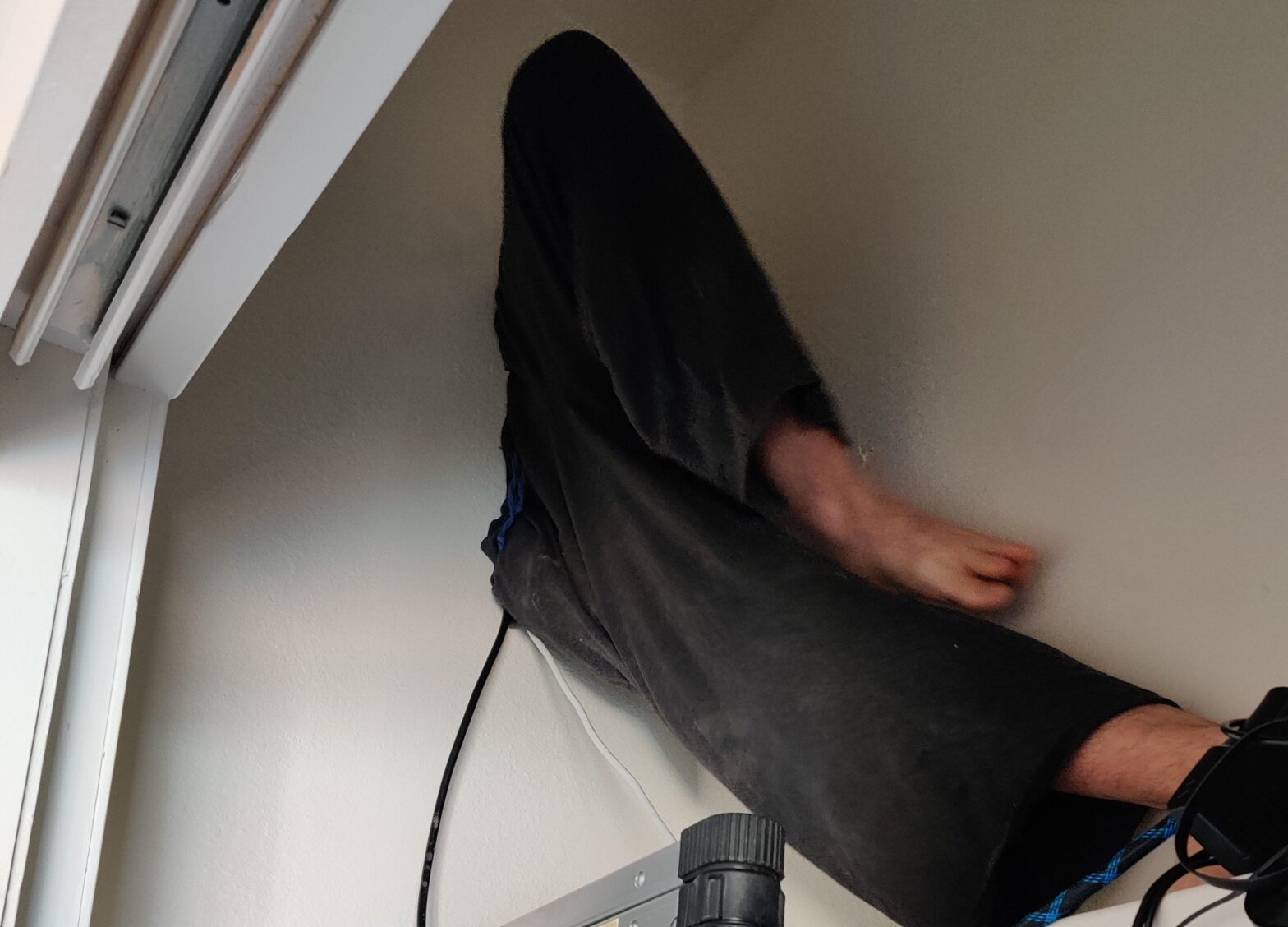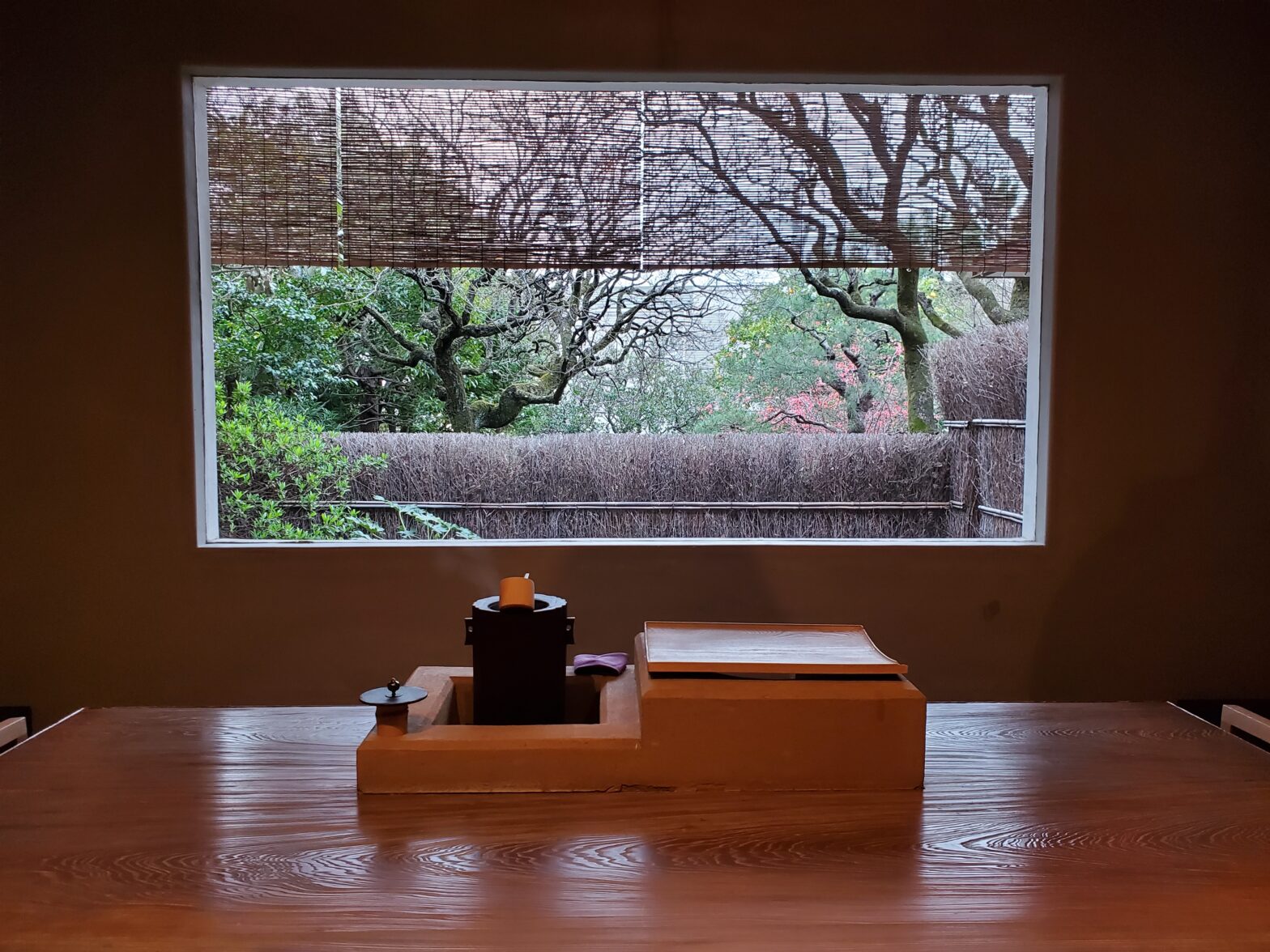-

2021 Survey Results and My First Livestream
Wow! Almost 300 people replied to the survey, most pretty thoroughly, and gave me tons to think about. I’ll be digesting and acting on the feedback for a long time, but I wanted to share some of the biggest takeaways that I think readers will be most interested in. First of all, I won’t be…
-

Reflecting on Fifteen Years of Blogging (Plus a Survey)
I always mean to be clever and commemorate years of blogging on roughly the anniversary of me beginning blogging, but I never remember when it is, and then every year think, “Okay, Ill do it next year instead”. But fifteen years is a long time, so rather than wait a year I’ll just be a…
-

Crafting Your Identity
One of the best things about the rise of technology is that it has enabled us to connect with people all over the world. I thought about this today when I randomly came across an “over 50 makeup” YouTube personality who was talking about Superhuman by Habit. She was talking about some specific habits that…
-

Why I Didn’t Buy a Tesla
My Bentley was delivered back to me recently. It came in a tow truck and the trim was removed from the dash and piled up in the trunk along with half of the trim of some random Mercedes. Half of the windows were stuck down and the dashboard lights looked like a disco when I…
-

Making Space
Most people who come to me for advice are either working too hard or not hard enough. The latter group knows that there’s a problem and want to fix it, but the former group always come under the guise of wanting to work on something else. No one, except maybe your family, will criticize you…
-

Why I Love Buying Properties With Friends
When I talk about buying properties with friends (we’ve bought an island, a flat in Budapest, an apartment in Tokyo, and an apartment in Hawaii), some people get it immediately. Others don’t get the point, quickly do the math and realize that they’d save money and hassle if they just stuck with Airbnbs. It’s hard…
-

DIY Home Projects Can Be Easy
When I was a kid and something needed to be repaired or built, my father did it. He plumbed things, ran new lights and wires, built new walls, and even built new additions to our houses. Because everything you see as a child seems normal, this all seemed normal to me. It was just one…
-

How to Stick to a Project
I like writing about things that I used to be terrible at but am now good at, because I can be sure that those things could be learned by anyone. In the past I was unable to stick to anything. I went through various phases of convincing myself it didn’t matter and accepting that I…
-

Ingenuity vs Money
My very first “business” was buying and selling used Palm Pilots and Apple Newtons. I would negotiate back and forth over the smallest increments of money, both on the buying and selling side. When I first started, my inventory was one Apple Newton, so it was important that I get the best price possible. After…
-

Sayonara 2020
I know many people are cursing 2020 and are glad that it’s over, but the older I get the more I realize that any time is good time, and that what we do with what we’re given is more important than what we are given. So I’ll just come out and say it: 2020 was…
